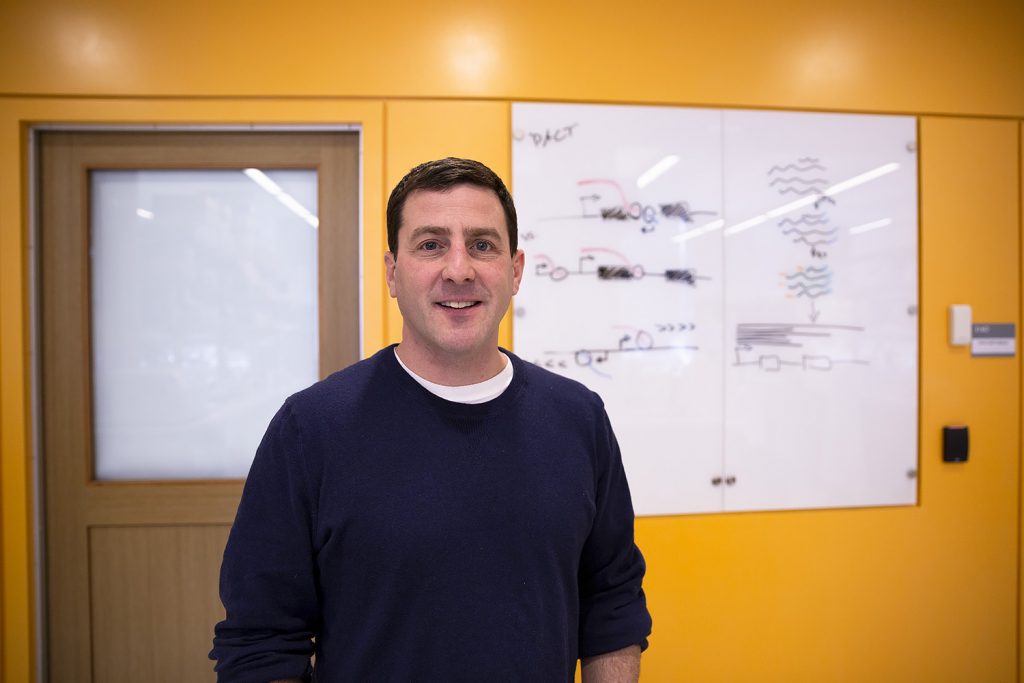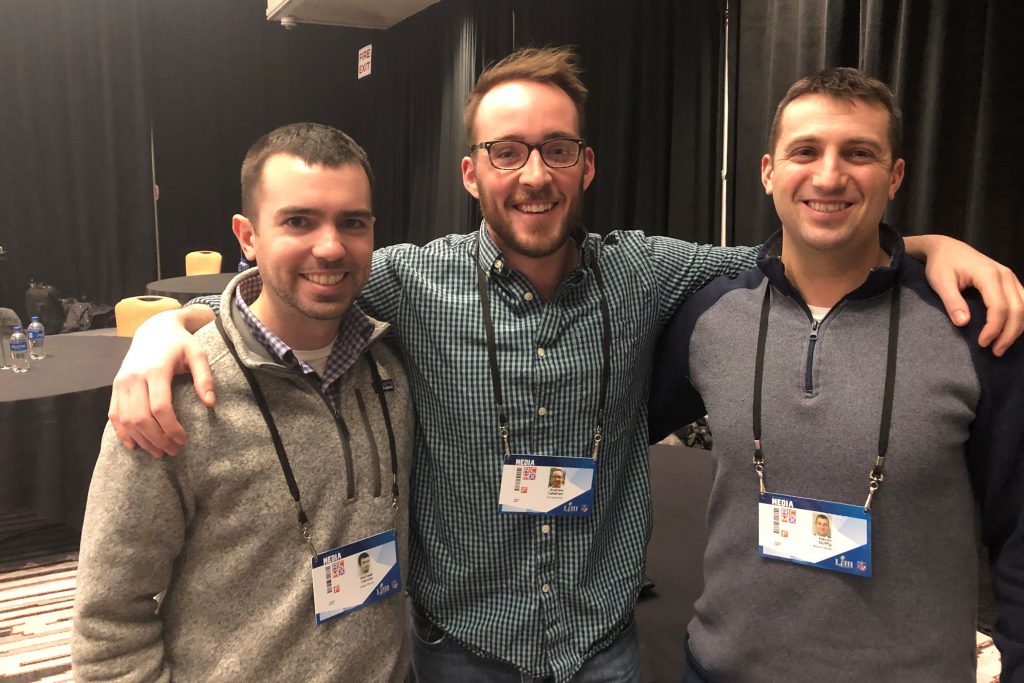College of Liberal Arts and Sciences
LGBTQ Teens Face High Rate of Weight-Based Bullying
As many as 44 percent of LGBTQ teens report weight-based bullying from both peers and family members, says a new UConn study.
February 7, 2019 | Combined Reports
The Slave Who Mailed Himself to Freedom
English professor Martha Cutter’s National Endowment for the Humanities-funded project will examine representations of anti-slavery activism and the life of a slave who shipped himself out of slavery.
February 7, 2019 | Christine Buckley
Non-Coding Doesn’t Mean Non-Functioning: Exploring the Role of Non-Coding RNA in Gene Expression and Evolution
These studies by UConn researcher Leighton Core will generate important resources and represent a foundational framework for studying ncRNA function.
February 4, 2019 | Anna Zarra Aldrich '20 (CLAS), Office of the Vice President for Research
UConn’s Proteomics and Metabolomics Facility Gives Faculty a Complete Cellular Picture
UConn's Proteomics and Metabolomics Facility houses multiple mass spectrometers and provides faculty expert support to see the full cellular picture.
February 1, 2019 | Carson Stifel ‘21 (CLAS), Office of the Vice President for Research
Super Bowl Press Box Has A UConn Feel
Three UConn alums will be in the press box when the New England Patriots and Los Angeles Rams take the field Sunday at 6:30 p.m.
February 1, 2019 | Mike Enright '88 (CLAS), University Communications
In Memoriam: Michael Ego, Former Stamford Campus Director
Ego was known for his work on sports reminiscence, particularly baseball, as a therapy for patients with dementia.
January 31, 2019 | Combined Reports
Civility and Social Protest
Does it show lack of civility to stage a social protest? That depends on your political views and the protesters' social status, says sociologist Ruth Braunstein.
January 30, 2019 | Kenneth Best
Geosciences To Be New CLAS Department
The new department, which brings together faculty and students from across the College, will be a leader in research and student excellence, notes department head Lisa Park Boush.
January 30, 2019 | Christine Buckley
The Birds Who Seek Out Goldilocks Fires
Black-backed woodpeckers prefer forests that are burned just right – not too hot, not too cold. But as wildfires become more intense, megafires are not creating a sufficient diversity of habitats.
January 29, 2019 | Elaina Hancock
No, Kanye, That’s Not How It Happened
Manisha Sinha’s history lessons tell the truth about slavery in the United States.
January 24, 2019 | Christine Buckley








